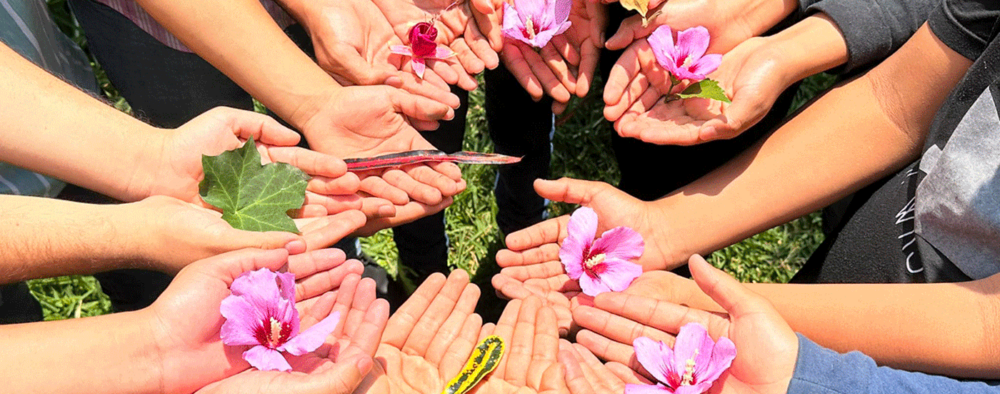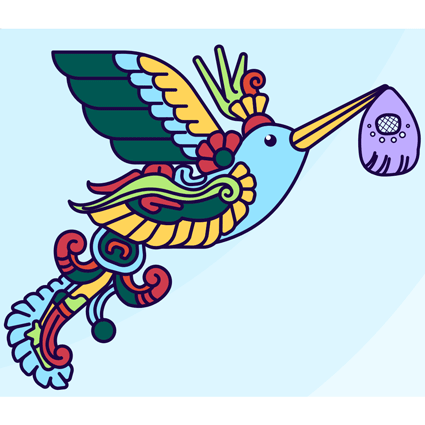
Gender justice
Gender justice
Editor’s note: This blog post is also available in Spanish.
For almost 10 years, and thanks to the support of committed allies such as the Summit Foundation and the Kendeda Fund, GFC has carried out important efforts to promote healthy masculinities for gender justice in the Americas region.
The journey has been full of challenges, learnings, and progress. In the last two years alone, more than 15,000 children and young people have directly benefited from and participated in activities to promote gender equity in countries such as Honduras, Guatemala, Nicaragua, and Mexico, using art, play, and collective creation as tools of self-expression and advocacy.
The results and impacts of this work are profound and lasting. Boys and young men learn new care practices, expand their ranges of emotional expression, and establish new bonds and relationships based on co-responsibility and respect. They also strengthen their leadership skills and launch proposals for change that promote community wellbeing. They learn to be better citizens. Better leaders. Better men.
To continue reflecting on the importance of this work, we recently invited a group of young men from the US, Mexico, and Central America who are committed to gender justice to share with us what healthy masculinity means to them, how they practice it in their daily lives, and how they feel that this process has enriched them.
These are their reflections:
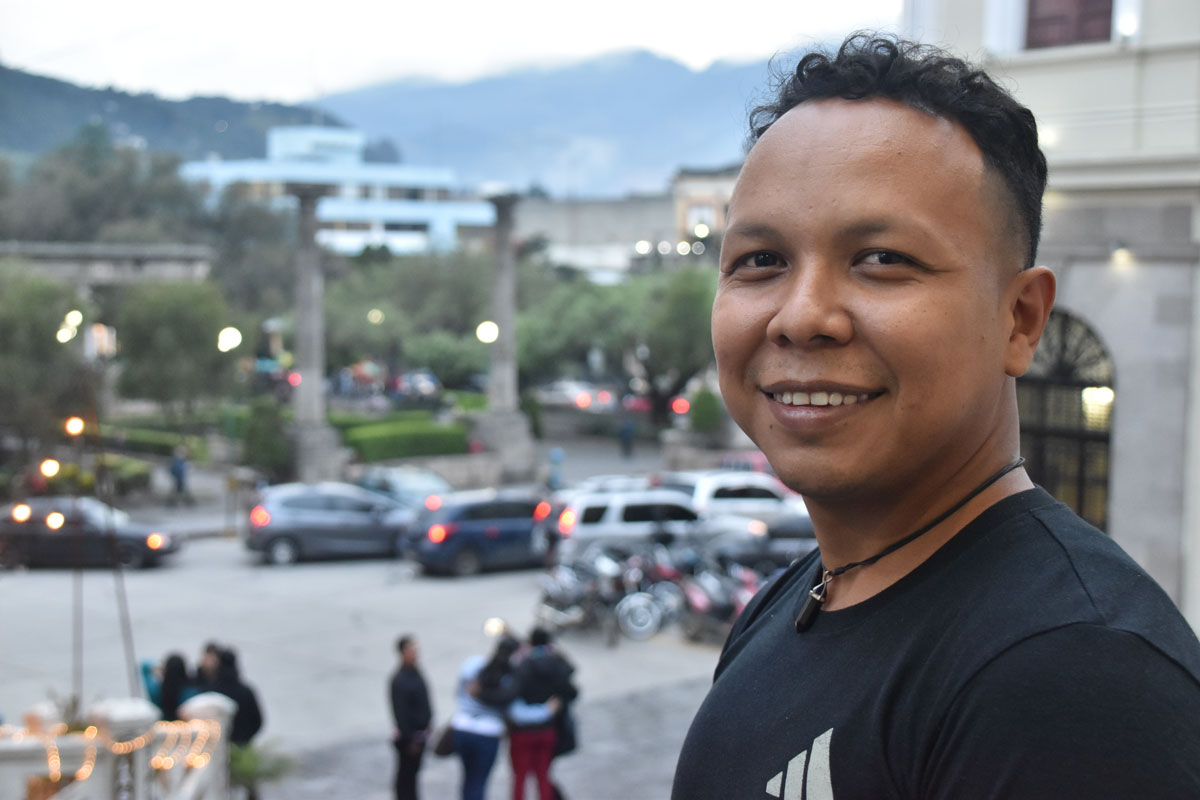
“Healthy masculinity has to do with knowing myself, identifying and being in touch with my emotions, and reflecting on how I express my emotions and how I take care of my loved ones. I try to practice healthy masculinity by being in contact with nature and growing plants together with my children. I always try to play with them and teach them the importance of taking care of the environment. Thanks to this process, I feel fulfilled being a dad. I feel connected to my children.”
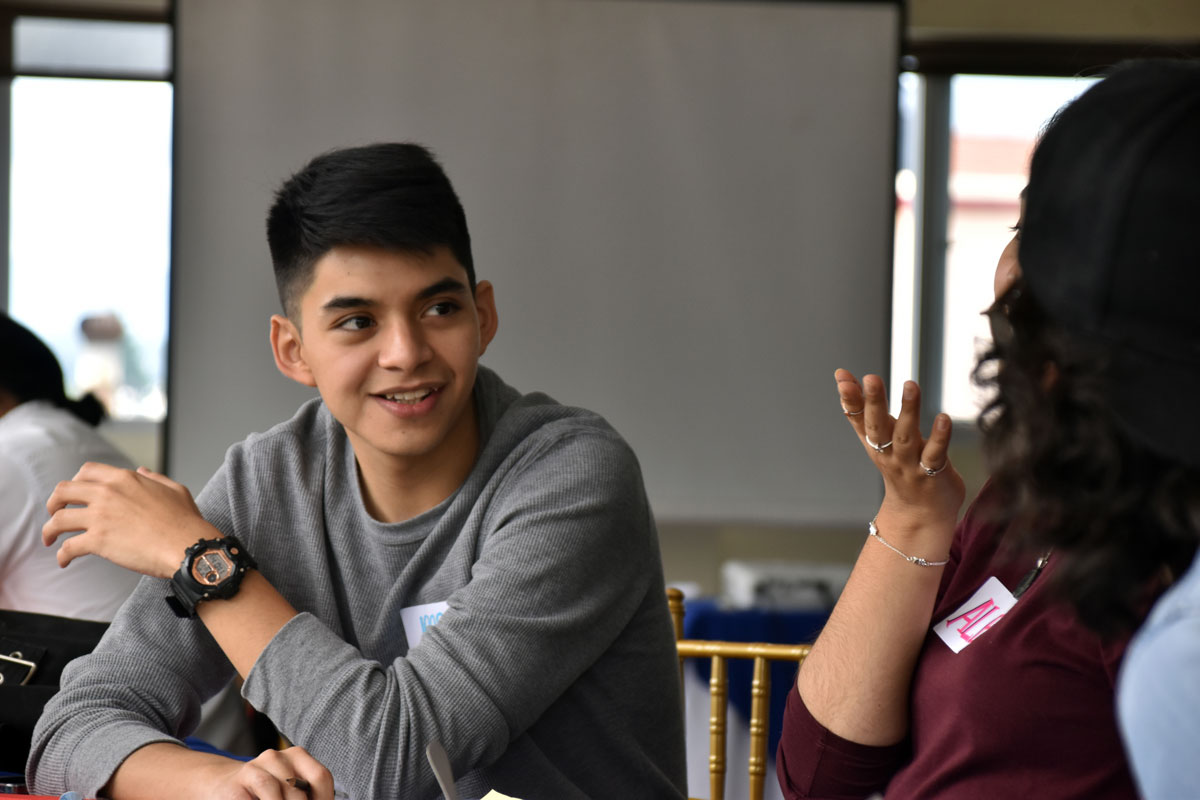
“Healthy masculinity is not being afraid to express what I feel, allowing myself to feel vulnerable, and asking for help if necessary. I try to exercise nonviolent masculinity by opening spaces for dialogue and reflection with my family where we can talk about how we feel, what we want to change in our lives, and what motivates us to be better. This process has brought me peace to overcome obstacles and to generate honest and trust-based relationships with my loved ones.”
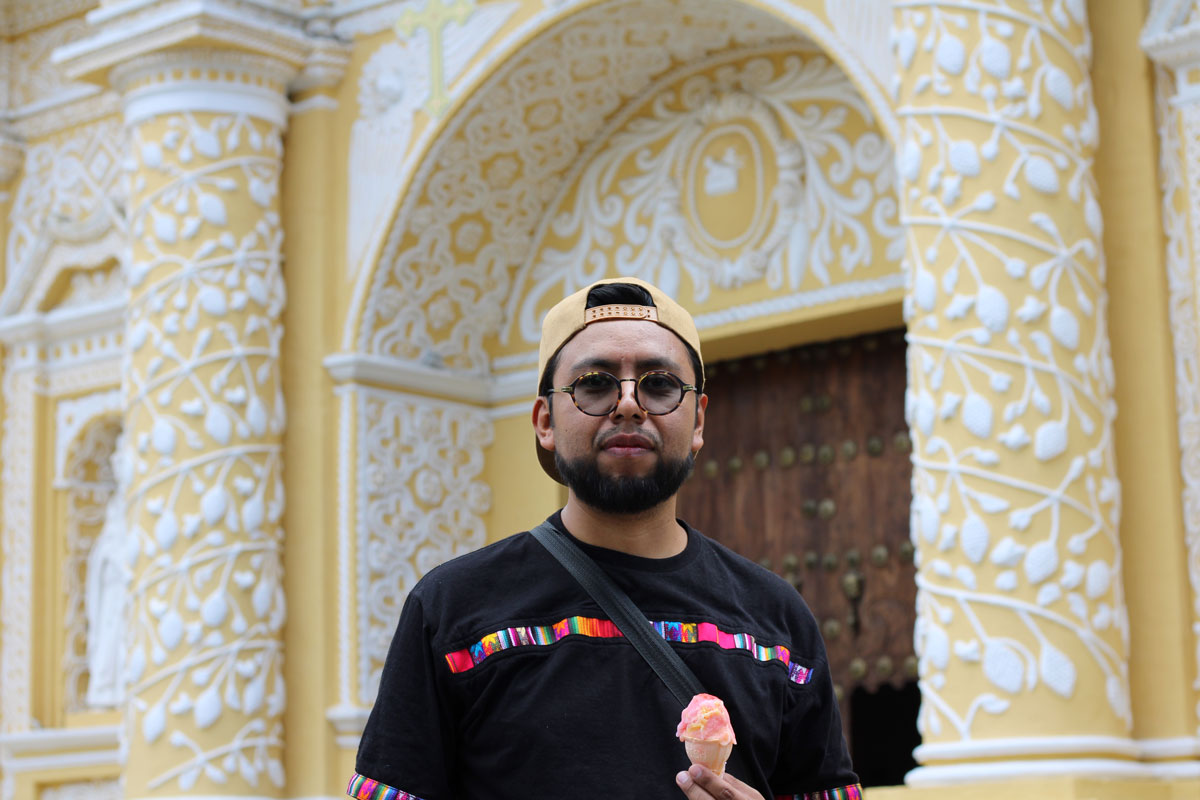
“A healthy masculinity is a critical, personal, and social way for men to eliminate violence, machismo, and suffering from our lives. I try to practice healthy masculinity by being more in touch with my emotions and spending quality time with my family, playing with children, and listening to my grandparents. This has made me more aware and committed to my environment.”
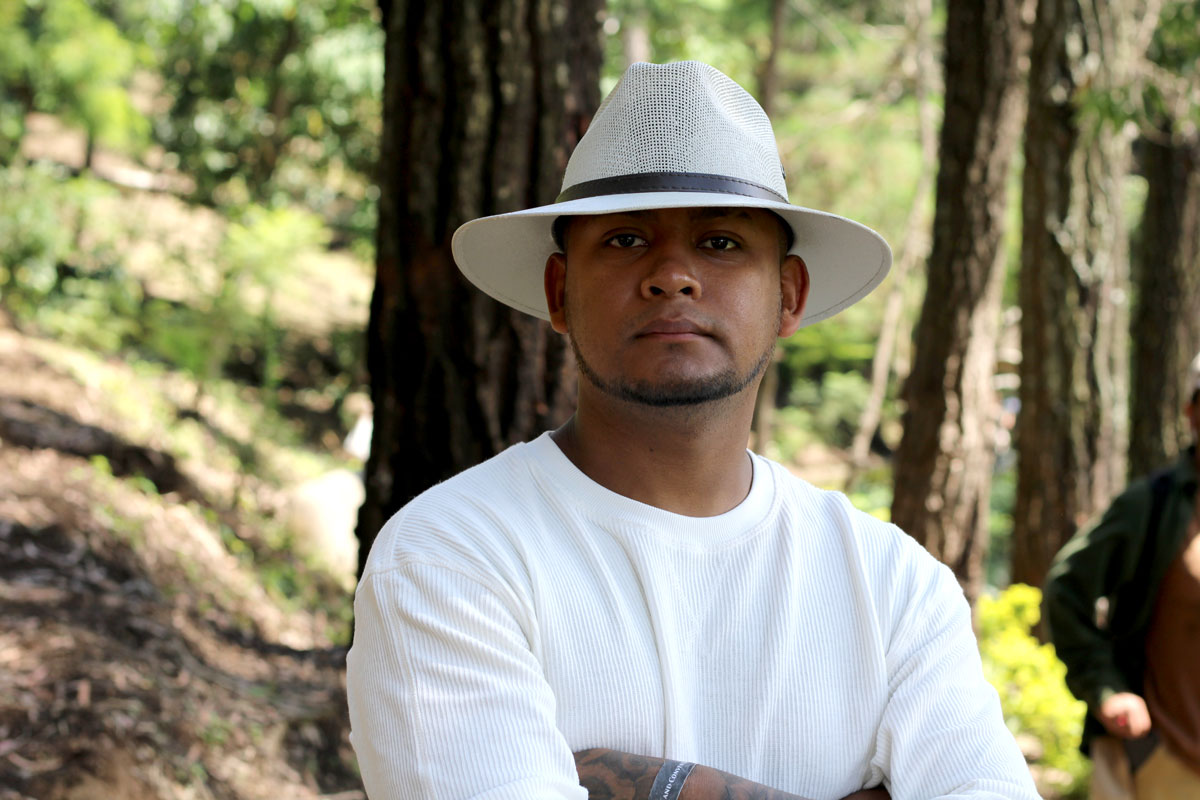
“Healthy masculinity is the possibility that men have to break cycles of violence and selfishness and become a positive model for children and other men. It is being loving and respectful, to create new examples of what it means to be a man that have nothing to do with control or anger. I practice positive masculinity by exercising, caring, feeling part of nature, being patient with my daughters, and surrounding myself with good influences to try to be better every day. This effort has given purpose and meaning to my life.”
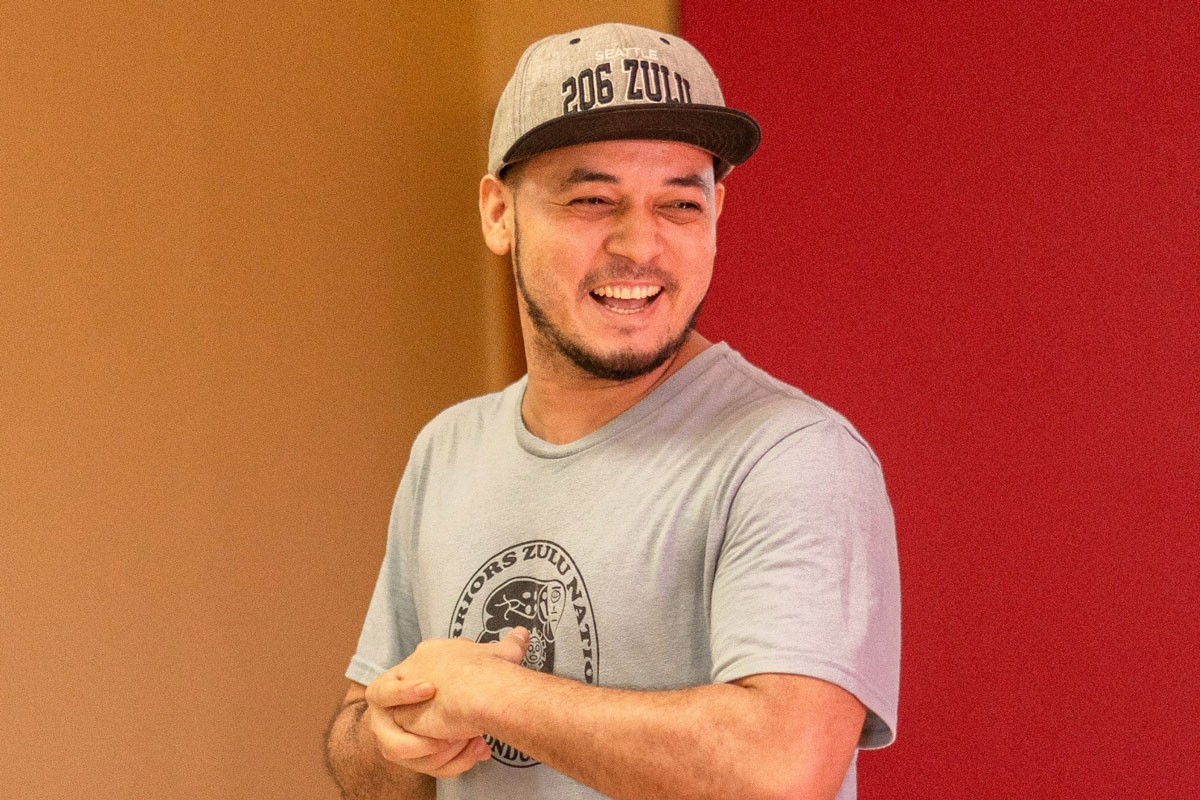
“Healthy masculinity is the path I have chosen to discover my value as a person beyond the stereotypes of what is expected of a man. It is seeking to be me, to be authentic, and not acting for others. I practice it by taking care of my body and my emotions, questioning my daily actions, and using art to raise awareness about gender equality. Thanks to this process, I have managed to heal emotional wounds and have created safe spaces to share who I am with others. I feel free.”
Learn more about the Promoting Youth Leadership for Gender Justice initiative and its “Caring does us good” regional media campaign to promote healthy masculinities.
Header image: Youth and staff members from GFC partner SerNiña, which is part of GFC’s Promoting Youth Leadership for Gender Justice initiative, taking part in an outdoor activity. © GFC
